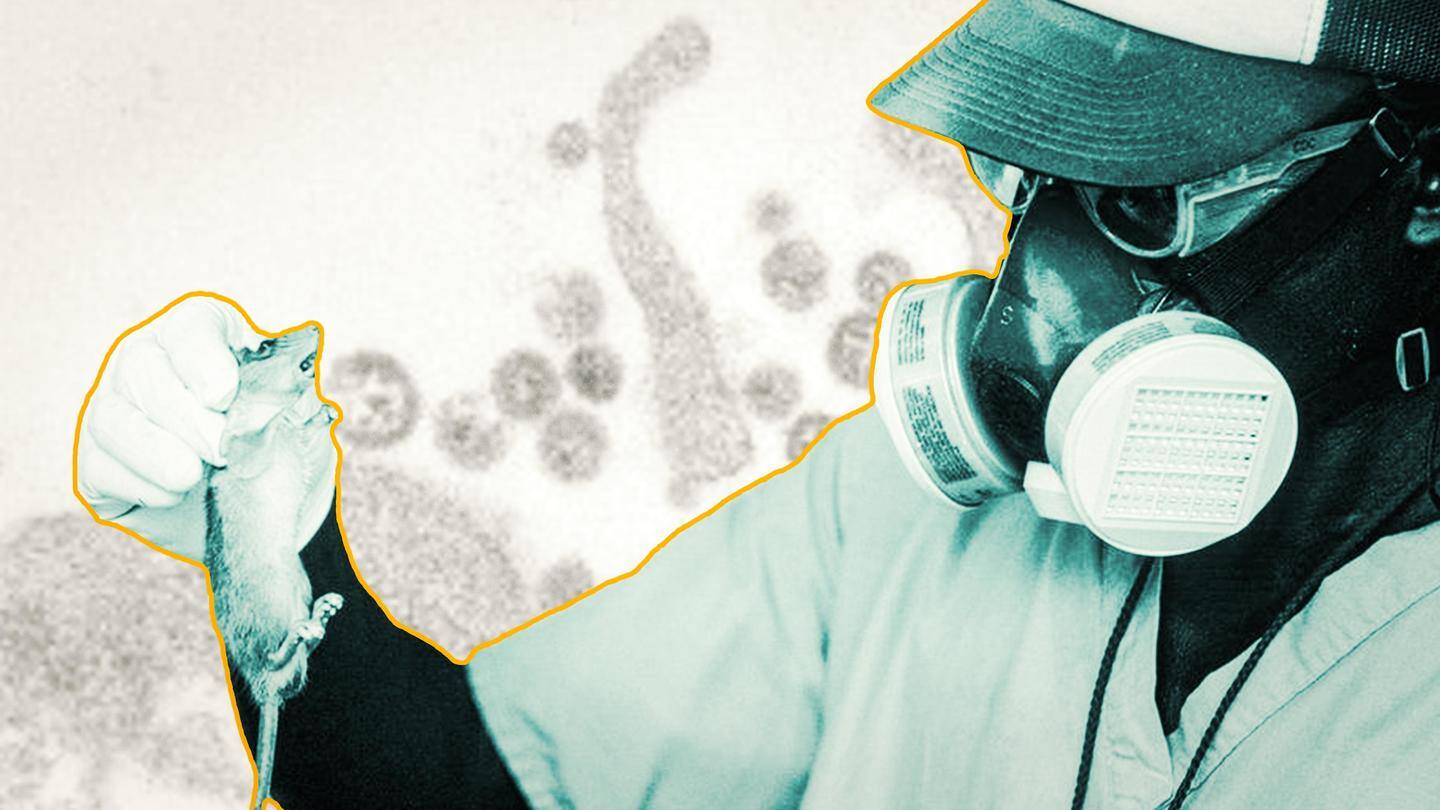
UK reports death from Lassa fever. What is it?
What's the story
While the world continues to battle COVID-19, a person in Bedfordshire, England died from a confirmed case of Lassa fever last week. The patient was among the three to be diagnosed with the disease in the United Kingdom recently. All three cases have been linked to travel to countries in western Africa. Here is what we know about the infection, its symptoms, and prevention.
Details
What is Lassa fever?
Lassa fever is an animal-borne acute viral illness, belonging to the virus family Arenaviridae, according to the World Health Organization (WHO). Between 1,00,000 and 3,00,000 infections of Lassa fever occur annually, leading to an estimated 5,000 deaths, as per the data published on the website of the United States Centers for Disease Control and Prevention (CDC).
Origin
When and where did it emerge?
The disease was first discovered in 1969 in Nigeria and is named after the town where the first cases were reported. It is known to be endemic in Nigeria, along with its neighboring countries including Benin, Ghana, Guinea, Liberia, Mali, and Sierra Leone. However, experts believe it is prevalent in other west African countries as well.
Transmission
How does it spread?
People can become infected if they come in contact with food items that have been contaminated with the urine or feces of an infected rat. Human to human transmission is rare but can occur through contact with the body fluids of an infected person. The WHO says there is no epidemiological evidence supporting airborne spread among humans.
Symptoms
What are the symptoms?
Symptoms typically appear between one and three weeks after exposure to virus. In mild cases, the disease causes fever, fatigue, weakness, and headache. More severe symptoms include bleeding, difficulty in breathing, vomiting, facial swelling, pain in the chest, back and abdomen, and shock. The overall fatality rate from the infection is 1%, according to the WHO.
Information
How can you prevent it?
Experts say supportive care including rehydration and symptomatic treatment can improve chances of survival. It is advised to avoid any contact with rats to prevent getting infected. Storing food in rat-proof containers and using rat traps are also advised.